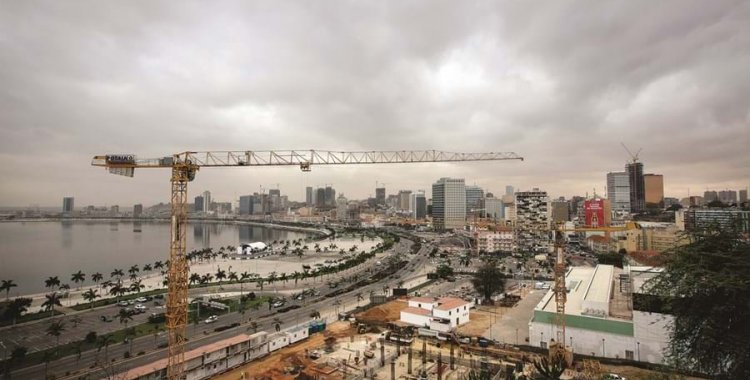According to the report on Global Economic Prospects, released Tuesday in Washington, Angola is expected to grow 0.9 percent after experiencing its fifth consecutive year of recession in 2020, and Cape Verde is recovering from last year's 11 percent drop to see a 5.5 percent recovery this year.
The document, which estimates that sub-Saharan Africa will grow 2.7 per cent this year and 3.3 per cent in 2022, lower than previously predicted, due to the economic consequences of the covid-19 pandemic in the region, which in 2020 experienced a 3.7 per cent recession, also points out that Equatorial Guinea had negative economic growth of 9 per cent last year and is expected to remain in the 'red', with wealth falling 2.8 per cent this year and 1.2 per cent in 2022.
Guinea-Bissau, with an expansion of 3 percent this year and 4 percent in 2022, is also recovering from last year's 2.4 percent drop, as is Mozambique, which after a slight contraction of 0.8 percent in 2020, is growing 3 percent this year and 4 percent the following year.
In forecasts released this Tuesday, which worsened the estimated growth this year for sub-Saharan Africa from 3.1 percent to 2.7 percent, the World Bank predicts that Sao Tome and Principe will recover from a drop of 6.5 percent in 2020 to register growth of 3 percent this year and 5.5 percent in 2022.
The report notes that the countries most affected were oil exporters, including Lusophone Angola and Equatorial Guinea, and those dependent on tourism, such as Cape Verde or Sao Tome and Principe, in addition to countries with a high number of cases, including South Africa, the most affected country in this region.
For this year, the World Bank forecasts a recovery of 2.7 percent in the region, noting that "while the recovery in private consumption and investment is expected to be slower than previously forecast, export growth should gradually accelerate, in line with the recovery of activity in the main trading partners.
Even so, GDP (Gross Domestic Product) per capita is expected to fall again this year, by around 0.2 per cent, which, the World Bank notes, "puts the Sustainable Development Goals even further beyond the reach of many countries in the region and pushes tens of millions of people into external poverty this year and last year.
At the global level, the World Bank has revised its global economic growth projection down to 4 percent by 2021, and expects a contraction of 4.3 percent by 2020.
The covid-19 pandemic has caused at least 1,854,305 deaths from more than 85 million cases of infection worldwide, according to a balance sheet by the French agency AFP.
In Africa, there are 67,928 confirmed deaths and more than 2.8 million infected in 55 countries, according to the latest pandemic statistics on the continent.
The disease is transmitted by a new coronavirus detected at the end of December 2019 in Wuhan, a city in central China.







